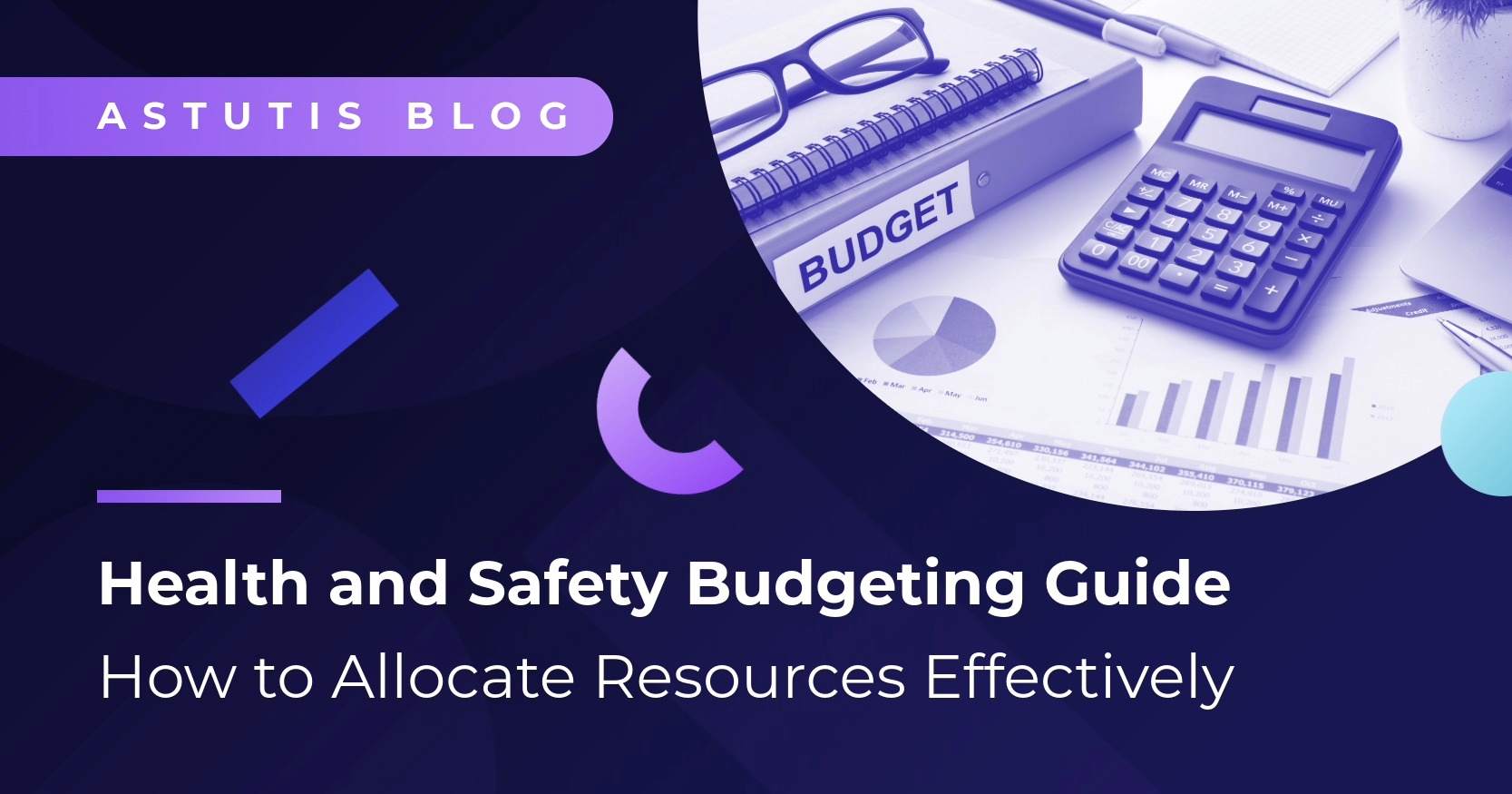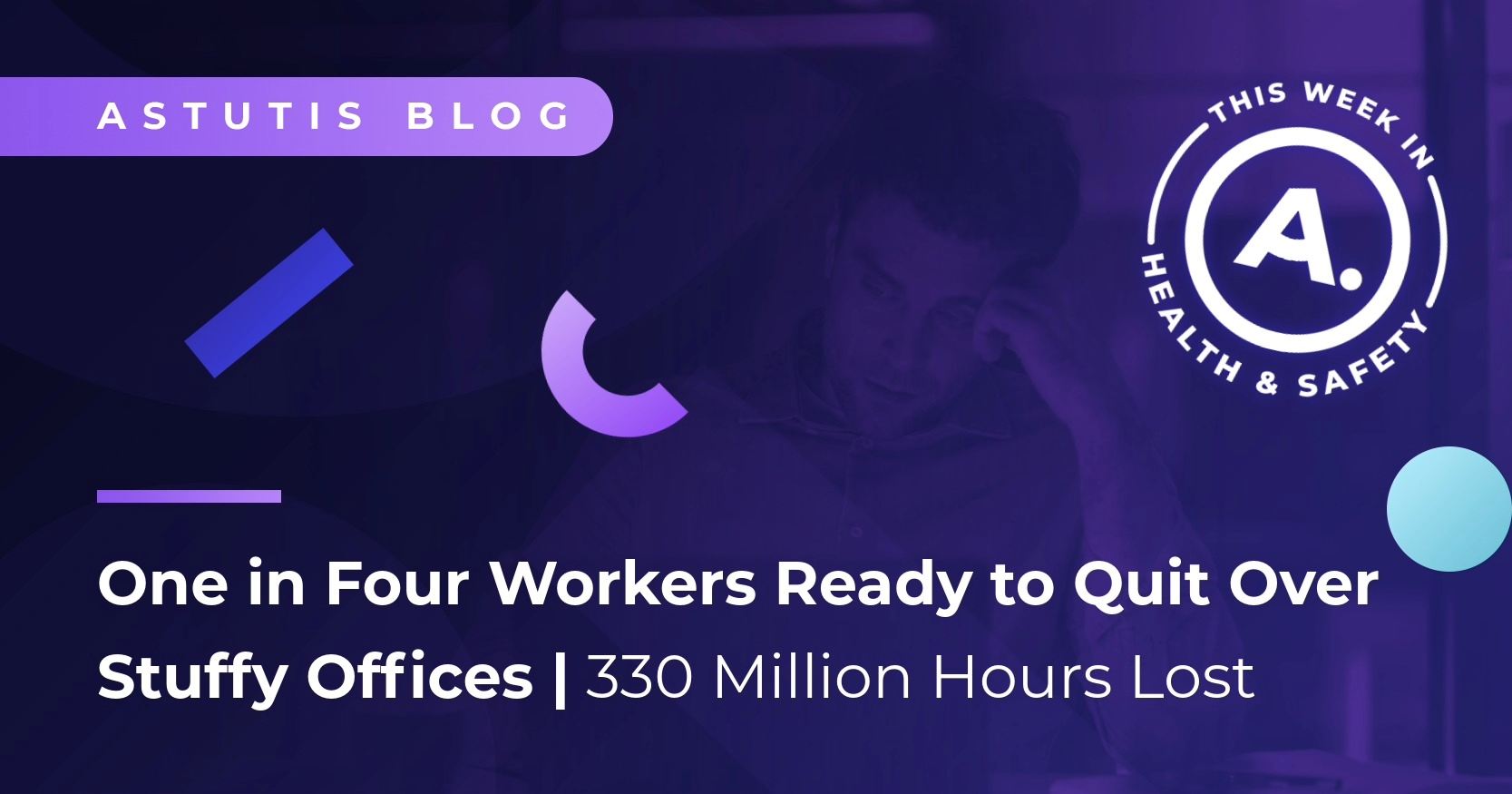70-20-10: Learning for Work
If you are asked if you have undertaken any staff development or training for your job, what do you think about?
How do You Learn for Work?
If you are asked if you have undertaken any staff development or training for your job, what do you think about?
- Is it a training course that has taken you off the job and into a classroom for a few hours or days perhaps?
- Or maybe it is an online, distance or e-learning course that you have worked your way through in your own time?
- Do you think about the things you have learnt on the job, or from your colleagues, who may have given you feedback on your work so that you can improve?
- Or do you learn from informal conversations with people … who work in the same field as you, but who you might only connect with via social media such as LinkedIn or Twitter?
Or is it a mixture of all of these?
I know that, in the past, if I was asked about staff development, I used to mainly think 'what training courses have I been on?' Not anymore though!
70:20:10
Current thinking is that we learn at work and for work in all of the ways described above. And that it has actually been like this for years … but now we have a 'model' that describes this learning in a bit more of a structured way. Ever heard of the 70:20:10 model? Each of the numbers represents the proportion of time we spend learning at work / for work in a particular way. Can you work out which number represented which type of learning?
Well, current thinking is that:
- 70% of our learning is from real life and on-the-job experiences, tasks and problems solving.
- 20% is from feedback on your work, as well as from observing others.
- 10% is from formal training such as courses, both face to face and online.
The 70-20-10 model represents new thinking in how we learn at (and for) work.
But the 70:20:10 model is flexible and varies from workplace to workplace and from person to person. Some organisations have embraced the idea of the 70:20:10 model and are looking at it to inform their approach to learning and development.
A recent report on 70:20:10 from Towards Maturity indicates that many would like to modernise their learning strategy, optimising the opportunities presented in day to day working life, taking advantage of the role technology and online learning has to play in this, thus enabling more flexible learning for everyone.
What Does this Mean for You?
Even if your organisation is not adopting a more 70:20:10 approach to learning for work, there are still things you can do:
- Be aware of learning opportunities all around you at work. This can be as simple as getting into the habit of reflecting on how things have gone at work, building on the positives and working out what you would do differently to improve the next time.
- Embrace feedback from others (good and bad) and, where necessary, learn from it and make changes for the better.
- Connect with people with similar roles to you via professional networks such as LinkedIn or other online communities.
- And if you do have the chance to go on a course, make the most of it as you may not have the opportunity to learn in this way very often.
Choosing the right course has never been easier, especially with the increase in the number of online courses that are available. Online or distance learning provides a flexible option that means you can fit learning around your life and work - existing commitments that can't be ignored. This type of formal training offers ultimate flexibility in up-skilling to meet current standards, legislation and the other formal requirements of the stringent HSE industry.
For more information on how you or your organisation can benefit from flexible training that fits around existing commitments, either on an in-company basis (for multiple staff members) or for one-off courses, visit our courses section by clicking the button below.
Related Blogs

Real Life Stories









